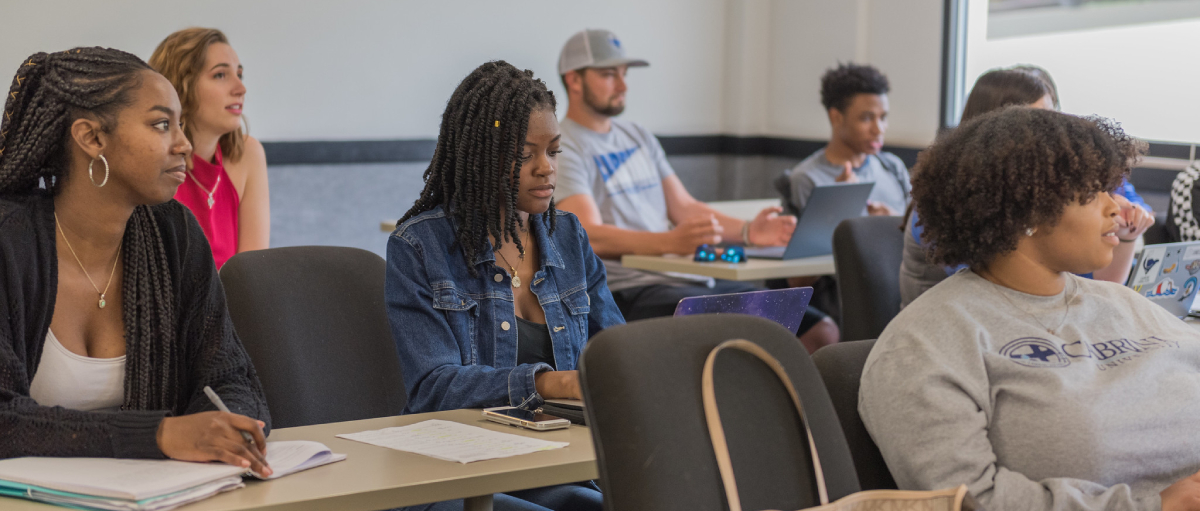History Program Details
As a History major, you’ll gain a broader perspective of different times and places, an appreciation of human difficulties and accomplishments, and a realization of the underlying unity of the human experience.
Students must select a track of study: United States History, World History, or both.
Employment Outlook
History majors offer a variety of career options, including jobs in the fields of:
- Business
- Government at all levels
- Law
- Teaching
- Archival professions
Program Highlights
- Gain a broader perspective of the human experience
- Choose from a United States History track, a World history track, or both
Skills Learned
- Distinguish among various cultures as they exist and have existed around the world
- Demonstrate an understanding of historical ideas, events, and people who influenced society
- Appropriately use commonly accepted historical research methodologies
- Articulate the values and limitations of various historical “schools of thought” as they relate to interpreting events and phenomenon
- Demonstrate a working knowledge of how “difference” (in all its forms) affects historical interpretation
